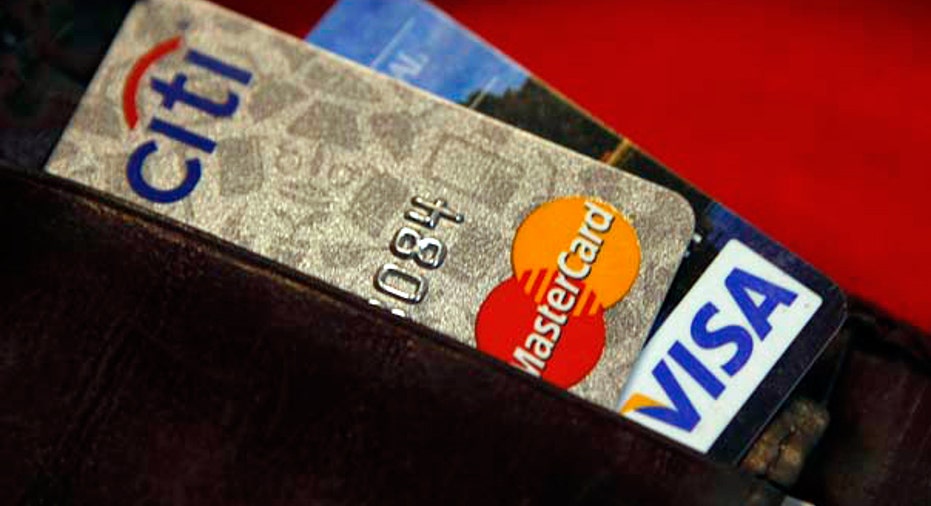Getting Tax Information From a Closed Small-Business Account

Dear Your Business Credit,
I lost a credit card used for a business in which I am a partner. The bank closed the credit card account, opened a new credit card account in my name, and issued a new card with a new number.
The bank immediately locked the closed account so my partner and I could not readily access information on the account, nor obtain information needed to prepare our 2012 income tax return. The bank also allowed automated charges, for instance, for phone service and Internet connection, to be charged to the closed and locked account for several months.
Now, the bank has locked us out of a currently open account. Is all this legal and is it customary for business accounts at major banks?
- Kay
Dear Reader,
I am sorry to hear about the hassles you are going through with your business credit card. I hope you've been able to find another source of credit in the meantime.
I contacted you to find out more details about your case, but did not hear back from you by my deadline. Without knowing more about what led your bank to close the second account, I can't say whether your bank acted improperly or broke with standard practices at large banks.
Banks do regularly close credit card accounts for any number of reasons, including nonpayment, inactivity and a reassessment of your credit risk. It's best to check your agreement or call the bank directly to find out why your account was closed.
You mention that you need the information from the first account to file your 2012 tax return. I asked Leslie Tayne, an attorney based in Melville, N.Y., if you are legally entitled to obtain that information from the bank. Tayne works with many small-business clients on issues related to debt and credit.
She says you are entitled to get the material you need for tax purposes. Her advice is to call the bank and, if you do not receive the information by phone, send a certified letter requesting it. "Depending on how old the information is and who is the authorized account holder, it may be difficult to get certain information," she added in an email.
If you're not satisfied with how the bank handles your request, you have several options. You can file a complaint with the Consumer Financial Protection Bureau by filling out a form on the agency's website. The CFPB forwards complaints to banks and other companies, which are expected to respond within 15 days and resolve "all but the most complicated complaints" within 60 days, according to the CFPB website.
It may be helpful to search the agency's Consumer Complaints Database to see if any previous grievances have been lodged against your bank and how they have been resolved.
A CFPB representative says you may also be able to get some help by contacting the entity that issued the charter to your bank. Banks get to choose their regulators, and if it's a federal institution, your bank's charter could be from the Federal Deposit Insurance Corp., the Federal Reserve or the Office of the Comptroller of Currency. It could also come from your state's banking regulator. You should be able to find out who issued the charter by making a quick phone call to the bank, or looking thoroughly at its website (start by checking the fine print at the bottom of the home page).
Given that the complaint process may take a fair amount of time and tax day is approaching, it's a good idea to get started right away.
Although the bank is obligated to provide you with the information you need for your taxes, you may be out of luck when it comes to getting the bank to re-activate the second account. "The bank does not have to reopen any account for them," Tayne said.
If you end up getting a new credit card account with this or any other bank, make sure you keep copies of statements or financial records you will need to do your taxes going forward. That way, if another problem crops up with a credit card account, you'll have the information you need at your fingertips.
See related: Use it or lose it: Issuers quick to close dormant accounts, Small-business credit card comparison chart, Paying small business taxes with plastic



















